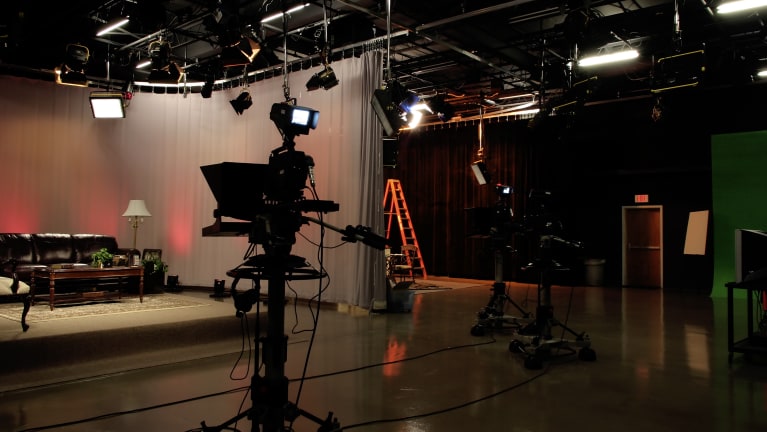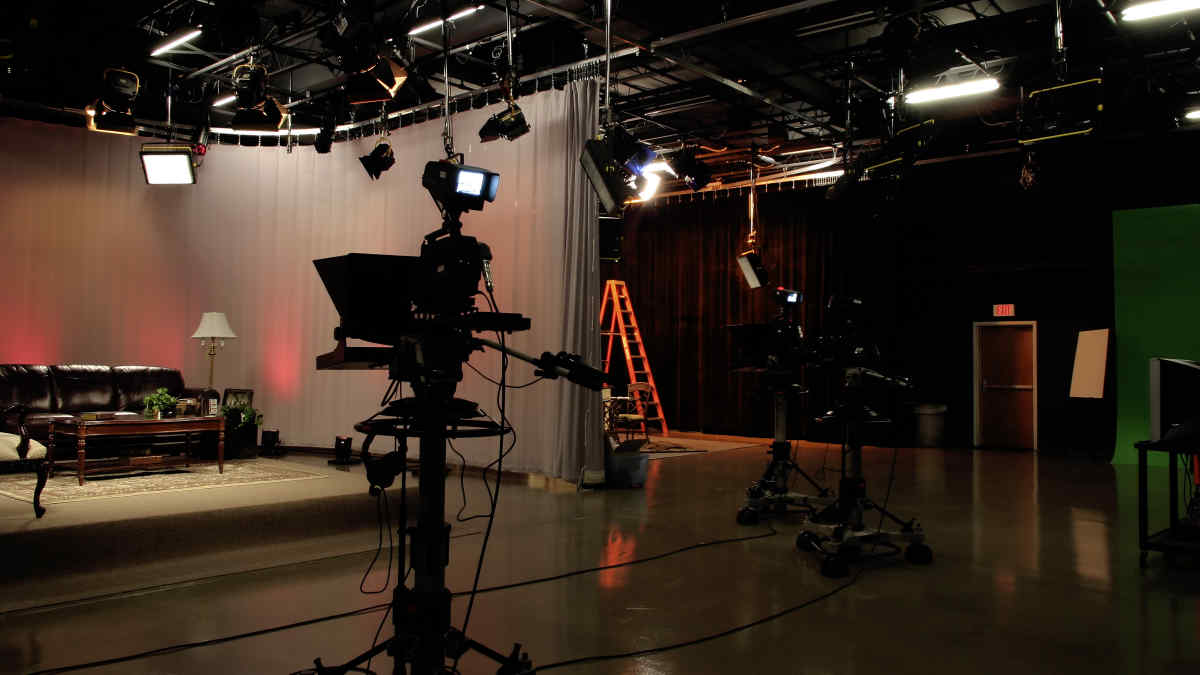

Hollywood actors are striking over pay and other concerns. Screen Actors Guild—American Federation of Television and Radio Artists (SAG-AFTRA), the union that represents film and TV actors, said negotiations with the Alliance of Motion Picture and Television Producers (AMPTP) broke down.
The leaders of SAG-AFTRA approved a strike on July 13, and actors will be on the picket line starting on July 14. We compiled a group of articles on the news from SHRM Online and other trusted sources.
Two Hollywood Strikes
SAG-AFTRA will strike for the first time since 1980 after failing to reach a new labor deal with the studios. The actors’ strike, alongside a simultaneous screenwriters’ strike, could lead to a quicker end to Hollywood’s labor war.
SAG-AFTRA is Hollywood’s largest union, which encompasses 160,000 members, including TV journalists, stage performers, stunt and background performers, radio personalities and fashion models.
AMPTP represents the major Hollywood studios and streamers, including Warner Bros., Paramount, Netflix, Disney and others.
The union and studios are fighting over how much workers are paid when their shows and movies are licensed to streaming services. Additionally, the rapid growth of artificial intelligence has caused concern among writers and actors that their work could be replaced or replicated by machines.
Actor Matt Damon said, “Nobody wants a work stoppage, but if our leadership is saying that the deal isn’t fair, then we gotta hold strong till we get a deal that’s fair for working actors. It’s the difference between having health care and not for a lot of actors, and we’ve gotta do what’s right by them.”
Wages and Benefits
The separate unions for the actors and screenwriters share many of the same concerns and goals, including higher wages, increased residual payments and protections around the use of artificial intelligence.
In early June, roughly 65,000 members of SAG-AFTRA voted to authorize a strike. Almost 98 percent of the voters supported the authorization. The actors were looking to improve working conditions, health benefits and pension benefits. They also wanted more transparency from streaming services about viewership, so that residual payments can be made equitable to that seen on linear TV.
Screenwriters have been picketing for more than 70 days.
(The New York Times and CNBC)
Writers Could Be Terminated
If the Hollywood writers’ strike is lengthy, the entertainment industry might respond by cutting costs, including exiting talent contracts it no longer wants. Such cost-cutting happened during the last writers’ strike, in 2007 and 2008, which lasted about 100 days.
UPS Strike Is ‘Imminent’
In other labor news, United Parcel Services (UPS) and the Teamsters union that represents UPS workers have walked away from the bargaining table, raising the likelihood of a potential strike this summer. If a strike occurs, it could result in higher prices and longer wait times for businesses and consumers to send and receive packages.
The two sides are pointing fingers at each other in regard to who walked away first from negotiations over a five-year contract. No additional meetings have been scheduled. The current contract expires on July 31.
UPS released a video showing workers marching in practice picket lines. The National Retail Federation, a trade group representing retailers, urged the two sides to resolve their differences before the holiday shopping season.
(Louisville Courier Journal and The Washington Post)
UPS Workers Agreed to Strike
The Teamsters said 97 percent of union members voted in favor of strike authorization if a deal isn’t reached by July 31. The union represents more than 325,000 workers.
The union wants higher pay, the removal of surveillance cameras from delivery trucks and more full-time positions.

